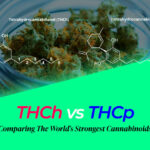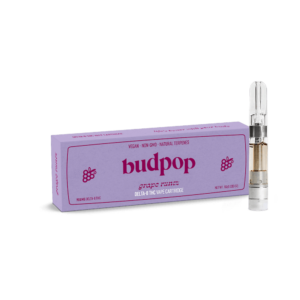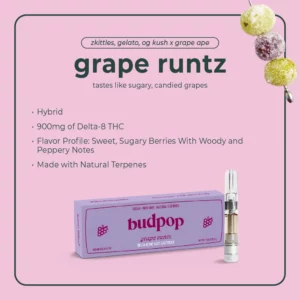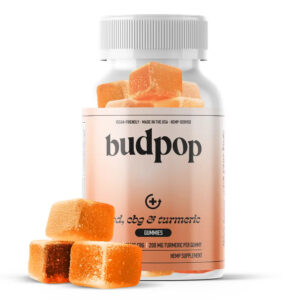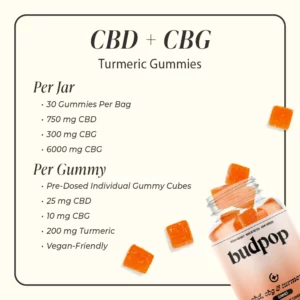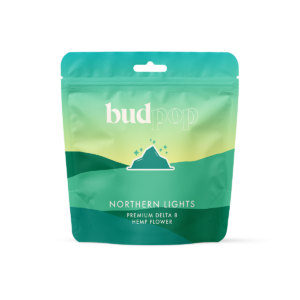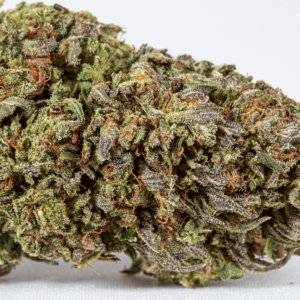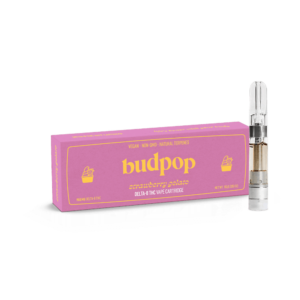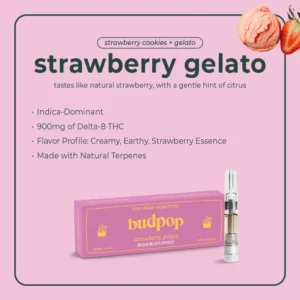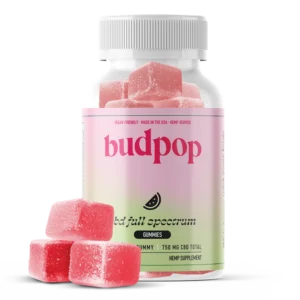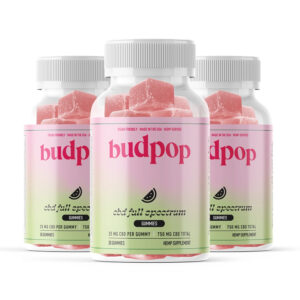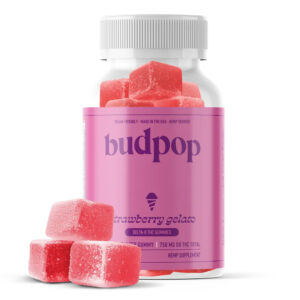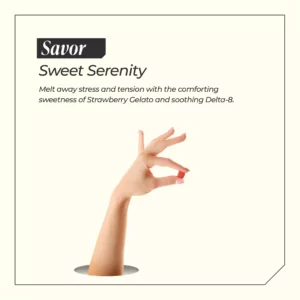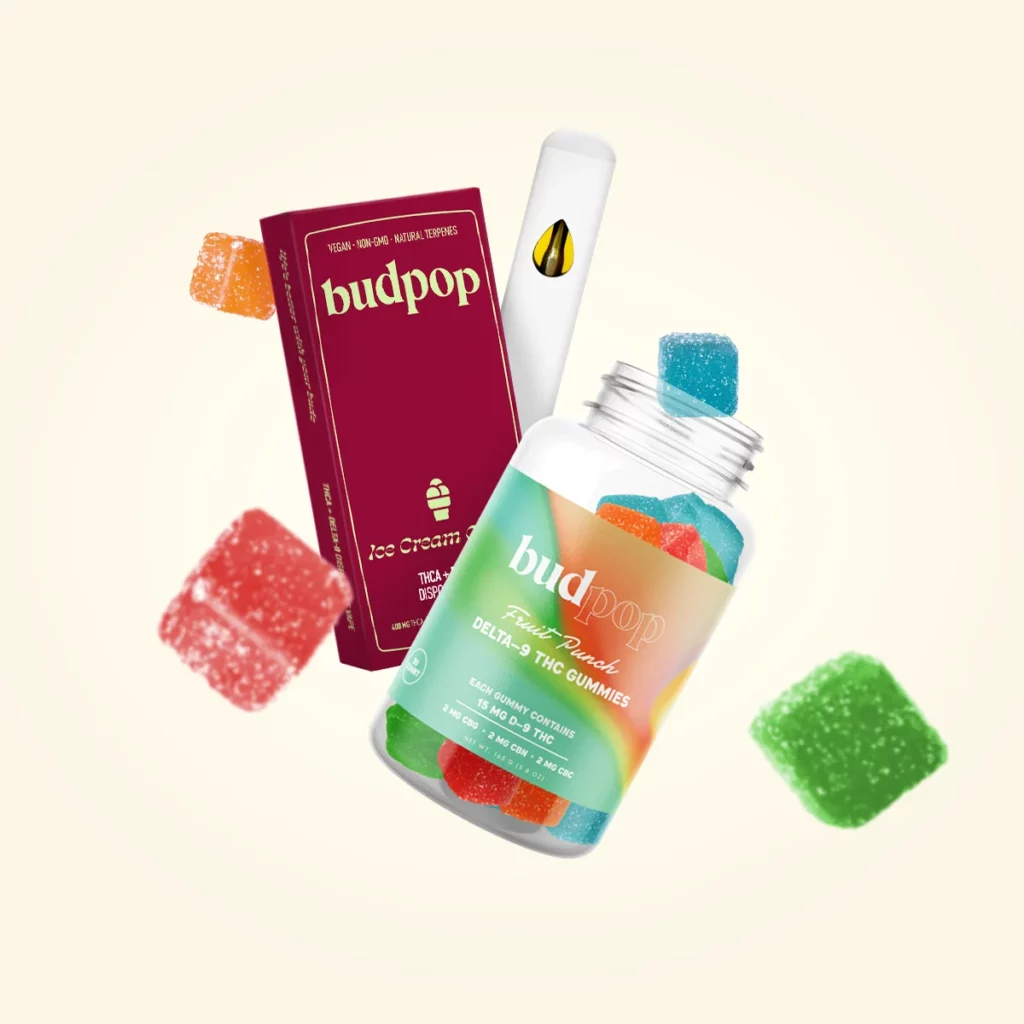HHC, short for Hexahydrocannabinol, is a euphoric cannabinoid derived from the hemp plant. Its unique properties and effects have sparked curiosity among cannabis enthusiasts and wellness seekers. But when it comes to legality, the question often arises: Is HHC legal? The answer depends on where you live. HHC legality varies between federal and state laws. Some states fully permit HHC, while others restrict or ban its use. Is your state on the legal or banned list?
From its chemical structure to its classification under hemp-derived cannabinoids, HHC’s legal status is a topic of significant interest. Understanding the legal landscape of HHC is crucial, especially with changing state and federal laws. This blog will break down the details of which side of the law HHC stands. We’ll provide clarity for anyone curious about this cannabinoid and its legality in 2025, plus we’ll reveal its current legal status in all 50 states!
Is HHC Legal?
Yes, HHC is federally legal in the United States as long as products containing it are hemp-derived and do not exceed a total THC content of 0.3%. However, legality may vary by state, as legal HHC regulation falls into a gray area in the United States. As we mentioned, federally, hemp-derived HHC is considered legal under the Agriculture Improvement Act of 2018, also known as the Farm Bill.
The Farm Bill federally legalized hemp plants and hemp derivatives as long as they contain equal to or less than 0.3% Delta-9 THC. Since HHC is a hemp-derived cannabinoid and falls within these parameters, it is federally legal.
However, state laws vary widely. Some states have embraced HHC, while others consider it a controlled substance due to its euphoric effects and similarities to THC (Delta 9 THC, Delta 9, D9 THC, or D9). Understanding these differences is essential for anyone looking to buy or use HHC hemp-derived cannabis products. Always check both state and federal laws to ensure compliance.
So, to put it in plain terms: is HHC federally legal? Yes, as long as it complies with the 2018 Farm Bill. But is HHC legal in your state? Let’s take a closer look below.
![Is HHC Legal? [Complete & Updated State List For 2025] judge gavel next to hhc legal gummies flower and vape](https://budpop.com/wp-content/uploads/2025/01/judge-gavel-next-to-hhc-legal-gummies-flower-and-vape.jpg)
States Where HHC Is Legal
Here’s a list of states that permit the sale and consumption of hemp-derived HHC products, provided they comply with federal regulations. As of this writing, the following states have legalized HHC, allowing its use, sale, and distribution:
- Alabama: HHC is legal.
- Connecticut: HHC is legal.
- Florida: HHC is legal. Florida’s progressive stance on hemp products has made it a hub for HHC enthusiasts. HHC products are widely available in local dispensaries and online.
- Georgia: HHC is legal.
- Hawaii: HHC is legal.
- Indiana: HHC is legal.
- Kansas: HHC is legal. Under the Kansas Industrial Hemp Act, the state allows the use of hemp-derived cannabinoids, including HHC, as long as they comply with federal guidelines.
- Kentucky: HHC is legal.
- Louisiana: HHC is legal.
- Maine: HHC is legal. Known for its cannabis-friendly laws, Maine permits the use of HHC products derived from hemp.
- Minnesota: HHC is legal.
- Missouri: HHC is legal.
- Nebraska: HHC is legal.
- New Hampshire: HHC is legal.
- New Jersey: HHC is legal.
- New Mexico: HHC is legal.
- North Carolina: HHC is legal.
- Ohio: HHC is legal.
- Oklahoma: HHC is legal.
- Oregon: HHC is legal.
- Pennsylvania: HHC is legal.
- Rhode Island: HHC’s legality in Rhode Island is unclear as of this writing. It may be illegal to produce in-state while still accessible from out-of-state sources.
- South Carolina: HHC is legal.
- South Dakota: HHC is legal.
- Tennessee: HHC is legal. Tennessee’s hemp program supports the legality of HHC as long as products adhere to the 0.3% Delta 9 THC rule.
- Texas: HHC is legal. HHC products are legal and widely available in Texas, often marketed as an alternative to Delta 8 and Delta 9.
- Virginia: HHC is legal.
- West Virginia: HHC is legal.
- Wisconsin: HHC is legal.
- Wyoming: HHC is legal.
![Is HHC Legal? [Complete & Updated State List For 2025] cannabis bud floating in front of american flag](https://budpop.com/wp-content/uploads/2025/01/cannabis-bud-floating-in-front-of-american-flag.jpeg)
States Where HHC Is Not Legal/Restricted
Unfortunately, HHC is not legal in all states. Some state regulations have restricted HHC, putting it in a legal gray area, or outright banned its use due to concerns over its euphoric effects and potential for misuse.
The following states either prohibit or heavily regulate HHC:
- Alaska: HHC is a controlled substance.
- Arizona: HHC is a controlled substance.
- Arkansas: HHC is a controlled substance.
- California: Emergency regulations enacted in October 2024 banned THC-containing hemp products, including HHC. Despite its liberal stance on cannabis, California banned HHC due to its classification as an intoxicating and synthetic cannabinoid.
- Colorado: HHC is illegal. Colorado’s cannabis-friendly reputation does not extend to HHC, as the state considers it a synthetic cannabinoid.
- Delaware: HHC is illegal.
- Idaho: HHC is considered a Schedule I controlled substance with a high potential for abuse and drug addiction. Idaho’s strict cannabis laws make all hemp-derived cannabinoids, including HHC, illegal.
- Illinois: Prohibits hemp-derived intoxicating isomers, including HHC.
- Iowa: The state bans CBD and Delta 8; while not explicitly mentioned, HHC is likely to be included in the prohibition.
- Maryland: HHC is illegal.
- Massachusetts: HHC is illegal.
- Michigan: HHC is illegal.
- Mississippi: HHC is considered a controlled substance.
- Montana: Montana considers HHC as a synthetic cannabinoid, making it illegal.
- Nevada: HHC and related THC isomers are classified as controlled substances.
- New York: The state has a firm stance against THC isomers, including HHC.
- North Dakota: HHC is considered a controlled substance.
- Rhode Island: HHC’s legality in Rhode Island is unclear as of this writing. It may be illegal to produce in-state while still accessible from out-of-state sources.
- Utah: HHC is considered a controlled substance.
- Washington: HHC is considered a controlled substance.
What Is HHC?
HHC, or Hexahydrocannabinol, is a euphoric cannabinoid derived from the cannabis plant. It’s present in both marijuana plants and hemp plants (Cannabis sativa) in very small, virtually undetectable concentrations. HHC is often referred to as the hydrogenated form of THC due to the saturation of hydrogen atoms in its chemical structure.
HHC shares similarities with Delta 8 and Delta 9, including its euphoric effects, but it is typically considered less potent than Delta 9. Many enthusiasts find HHC to be a more manageable alternative to THC, making it a great option for immediate stress relief and relaxed vibes.
While HHC occurs naturally in trace amounts, most HHC on the market today is produced semi-synthetically through a safe and controlled multi-step process. This process typically starts with hemp-derived CBD, which is converted into THC before undergoing hydrogenation to create HHC. Hydrogenation alters the chemical structure, making HHC more stable and extending its shelf life compared to THC.
Overall, HHC’s unique properties and versatility make it an intriguing option for cannabis plant enthusiasts looking to explore other hemp-derived cannabinoids.
![Is HHC Legal? [Complete & Updated State List For 2025] hhc chemical structure next to cannabis leaf](https://budpop.com/wp-content/uploads/2025/01/hhc-chemical-structure-next-to-cannabis-leaf.jpg)
HHC vs. CBD
HHC and CBD are both cannabinoids, but they have vastly different effects. CBD is non-euphoric and widely used for its potential therapeutic benefits, such as reducing anxiousness and soreness. The cannabinoid has become integral to many people’s daily wellness routine, especially seniors. In contrast, HHC has mind-altering properties that can produce feelings of relaxation and euphoria, making it more similar to THC than CBD.
HHC vs. THC
The key differences between HHC and THC lie in potency and legality. HHC is slightly less potent than THC but stronger than Delta 8. Its legal status also tends to be more favorable in certain states due to its classification as a hemp-derived cannabinoid. Both HHC and THC interact with the body’s endocannabinoid system, binding to cannabinoid receptors to produce their effects euphoric effects and wellness benefits.
HHC Legal Products
If you’re interested in trying HHC, there are a variety of legal hemp-derived cannabinoids available on the market. These hemp-derived products are typically derived from industrial hemp and are designed to comply with federal and state laws. Here are some popular HHC products, all available right here at Budpop!
HHC Gummies
HHC gummies are a delicious and convenient way to enjoy the benefits of HHC. These gummies are infused with precise doses of HHC, making it easy to control your intake. They’re perfect for those who prefer edibles over other consumption methods. Plus, they come in a variety of flavors to suit every palate. Choose between single cannabinoid formulations or expertly crafted blends for enhanced effects.
HHC Disposables
HHC disposable vape pens are another popular option. These portable vaporizers are pre-charged and pre-filled with HHC vape oil and strain-specific terpenes. HHC disposable vapes are ready to use right out of the package. They’re draw-activated, portable, discreet, and ideal for on-the-go consumption. HHC disposables are perfect for those who want a quick and efficient way to experience the effects of HHC.
HHC Vape Cartridges
For more experienced connoisseurs, HHC vape cartridges offer a customizable vaping experience. These cartridges are filled with concentrated HHC oil and a botanical terpene blend of strain-specific flavors. HHC cartridges have a 510-thread attachment and can be screwed onto most standard vape batteries. They provide a potent and fast-acting way to enjoy HHC, making them a favorite among cannabis enthusiasts. Plus, HHC vape cartridges can be easily swapped, letting you switch flavors for more variety in your vaping experience.
![Is HHC Legal? [Complete & Updated State List For 2025] various hhc vape cartridges disposables gummies piled together](https://budpop.com/wp-content/uploads/2025/01/various-hhc-vape-cartridges-disposables-gummies-piled-together.jpg)
How Can Users Verify the Legality of HHC Products?
To ensure you’re using legal and safe hemp-derived HHC products, follow these steps:
- Understand State Laws. HHC legality varies by state, so it’s crucial to research local regulations before purchasing. Some states have banned or restricted HHC, even if it’s federally legal.
- Check the Label. Read the product label carefully to confirm it is hemp-derived HHC and contains equal to or less than 0.3% Delta 9 THC. This ensures the product complies with federal regulations.
- Research the Brand. Choose reputable brands known for transparency and high-quality products. Trusted companies often provide detailed information about their manufacturing processes and compliance with state and federal laws.
- Purchase from Licensed Retailers. Only buy HHC products from licensed dispensaries or verified online retailers. These sources are more likely to sell products that comply with legal status requirements.
- Request a Certificate of Analysis (COA). A COA is a third-party lab report that verifies the cannabinoid content, purity, and potency of the product you’re consuming. It’s a reliable way to confirm that the HHC product meets legal HHC regulation standards.
- Consult Legal Experts. If you’re unsure about HHC’s legality in your area, consult local authorities or legal professionals for clarification.
At Budpop, we prioritize transparency and legality. Our HHC products come with a Certificate of Analysis to guarantee quality and compliance.
FAQs – Is HHC Legal?
Does HHC Show Up in a Drug Test?
Yes, HHC may show up in a drug test. Standard drug tests are primarily designed to check for the presence of THC and its metabolites. And because HHC is chemically similar to THC, it may trigger a positive result. If you’re subject to regular drug testing, it’s best to avoid HHC products to minimize the risk of a failed test.
Is HHC Detectable in Urine?
Yes, HHC is detectable in urine urine tests. These tests are designed to identify marijuana and hemp-derived THC isomers. These tests do not differentiate between HHC and THC because both cannabinoids share a similar chemical structure. This means that HHC consumption could result in false positive test results. If you’re concerned about drug testing, it’s advisable to avoid using HHC products.
Is HHC Considered a Controlled Substance?
No, thanks to the 2018 Farm Bill, hemp-derived HHC is not a controlled substance under federal law. However, HHC’s legal implications vary by state. Some states consider HHC a synthetic cannabinoid, which could place it under stricter regulations. Always check your state’s laws before purchasing or consuming hemp-derived HHC products.
Does HHC Get You Stoned?
Yes, HHC produces euphoric effects similar to THC, which can make you feel “stoned.” Consumers often report feelings of euphoria, relaxation, and mild alterations in perception. However, the intensity of these effects can vary based on the dose and individual tolerance. Generally speaking, they’re less intense and more manageable than THC’s effects.
Final Thoughts – Is HHC Legal? [Complete & Updated State List For 2025]
The question, “Is HHC legal?” doesn’t have a straightforward answer. While hemp-derived HHC products are federally legal under the Farm Bill, state laws vary significantly. Always check state laws before purchasing HHC hemp-derived products to determine their legal status in your state. By staying informed about federal and state laws and verifying the legality of specific products, you can enjoy HHC responsibly and safely. As the legal landscape evolves, HHC’s status will likely continue to spark conversations within the cannabis community.
In the meantime, if you live in a state where HHC is legal, explore Budpop’s range of premium HHC products, including gummies, disposables, and vape cartridges. Our products are third-party tested and compliant with federal regulations, ensuring you get the safest and highest-quality experience.
Editor’s Note: The content on this website is for general informational purposes only. It should not be considered legal advice or a definitive guide to current laws. We make no claims about the accuracy or reliability of the legal information provided, nor is it intended to influence your decision to purchase our products. Since laws vary by state and frequently change, the information here may not always be up to date. We recommend consulting a licensed attorney in your area or the destination where you plan to ship products to confirm their legal status.
![Is HHC Legal? [Complete & Updated State List For 2025] is hhc legal](https://budpop.com/wp-content/uploads/2025/01/is-hhc-legal-featured-image.jpg)
![Is HHC Legal? [Complete & Updated State List For 2025] all star thcp + thch + nano d9 + d9 + hhc gummies](https://budpop.com/wp-content/uploads/2025/01/BP_ALLSTARGUMMIES_BACK_BANNER_DESKTOP-1-optimized-1024x435.webp)

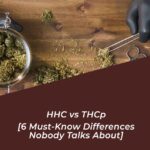

![THCp vs THCa [8 Key Differences You Need To Know!] thcp vs thca](https://budpop.com/wp-content/uploads/2025/01/thcp-vs-thca-150x150.jpg)

